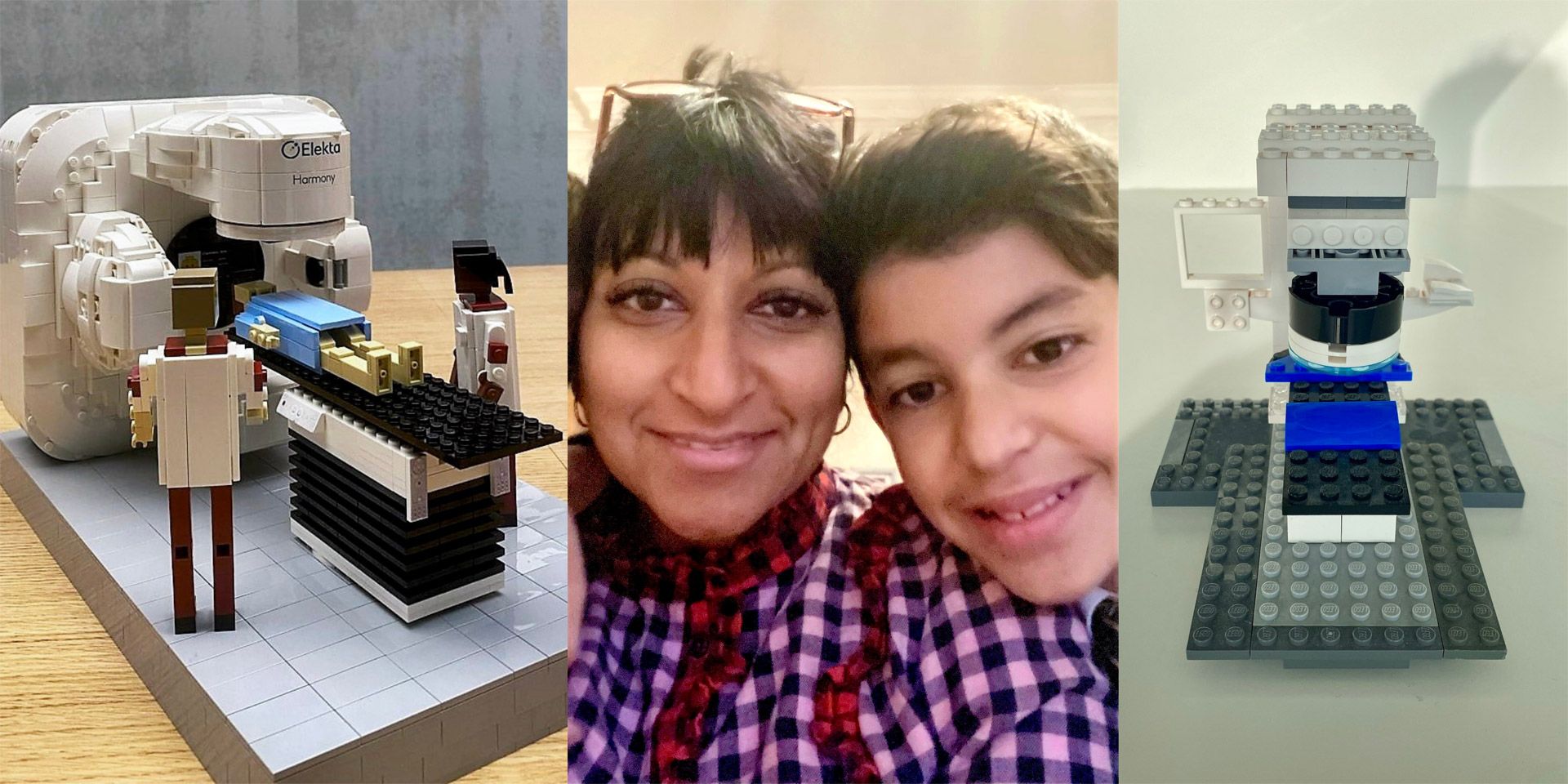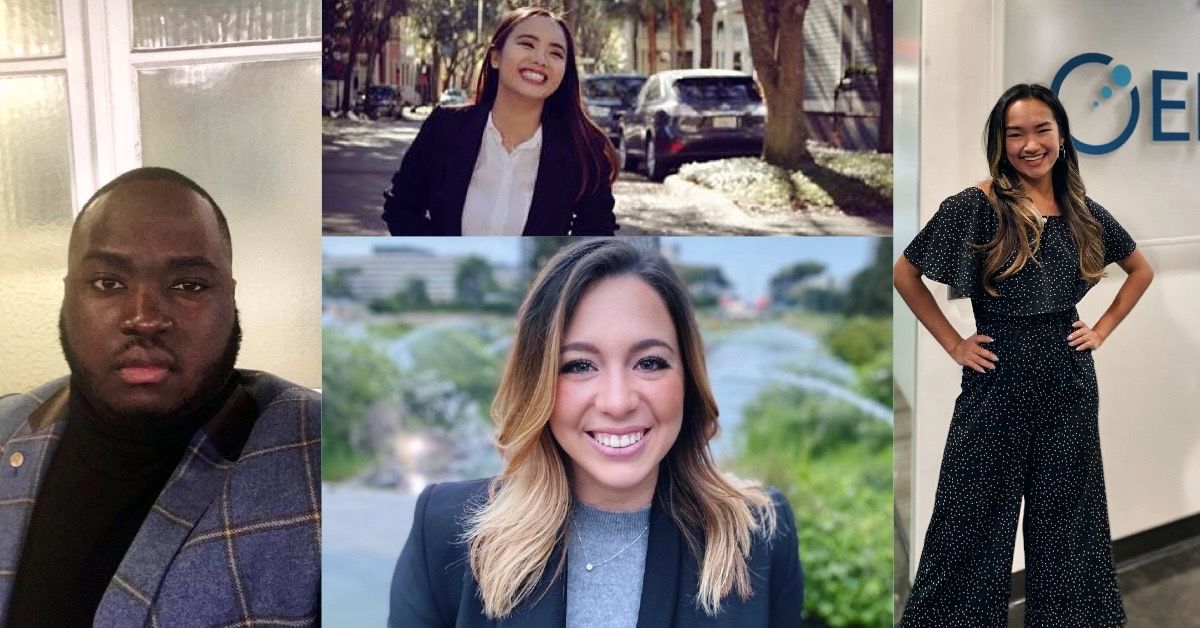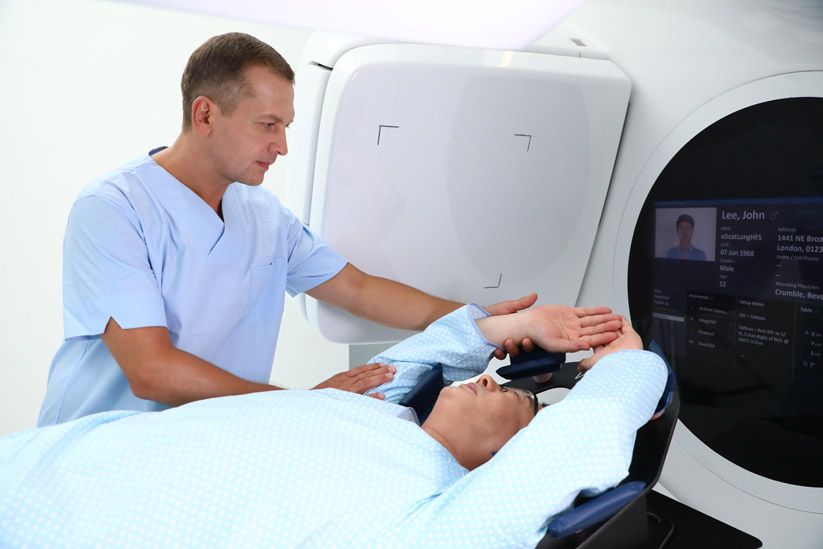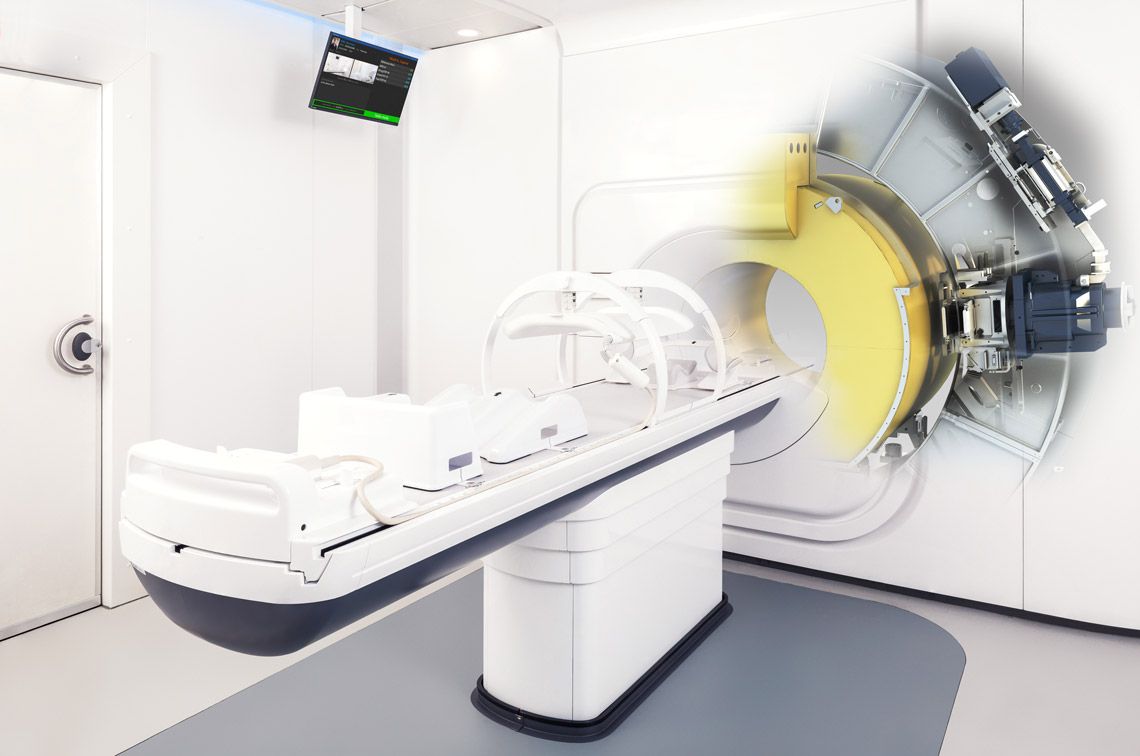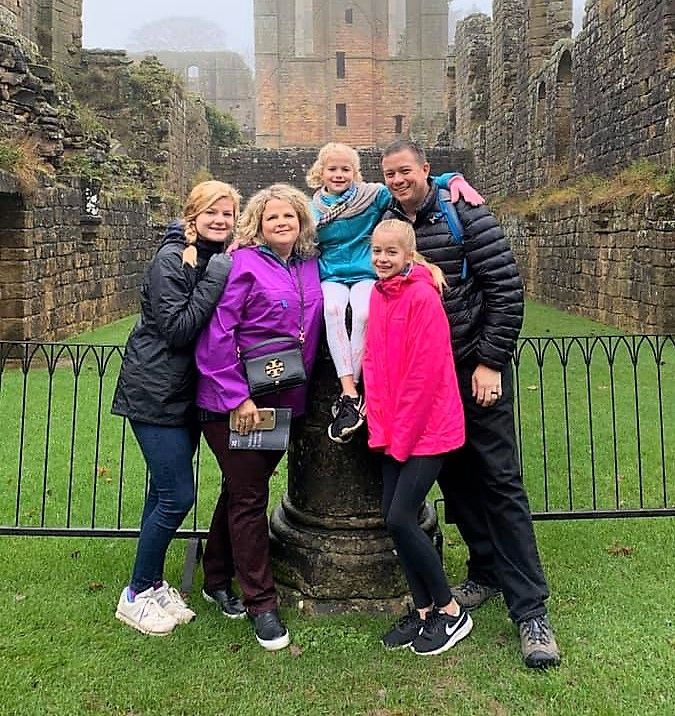Meet six women engineers who are shaping the future of cancer care
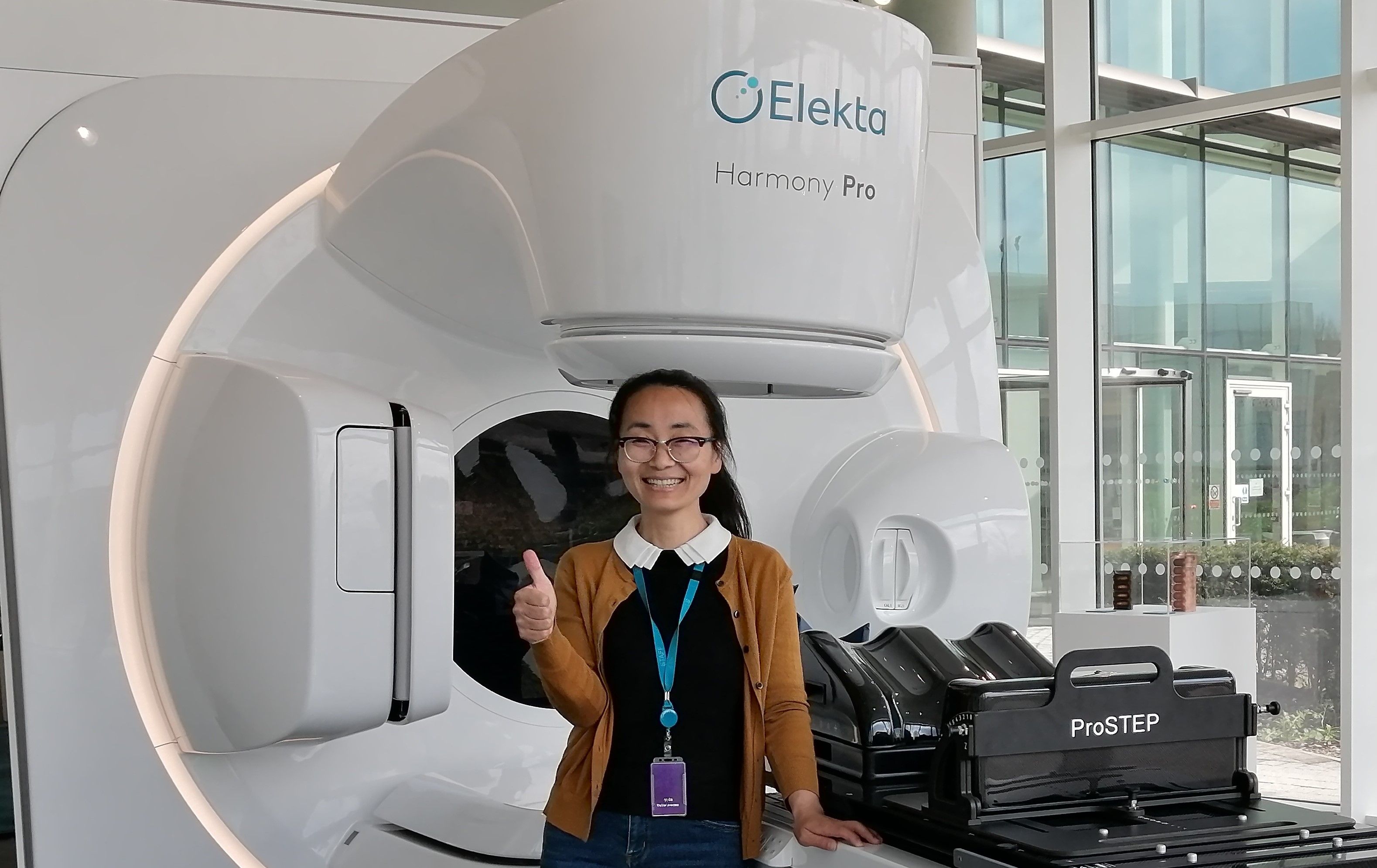
We value the many women engineers who innovate at Elekta and bring hope to those dealing with cancer. To mark the 10th anniversary of International Women in Engineering Day, we invite you to read about six of these individuals, what gives them inspiration and how they use their tremendous skills to help caregivers and patients.
Min Li, System Architect, Beijing, China
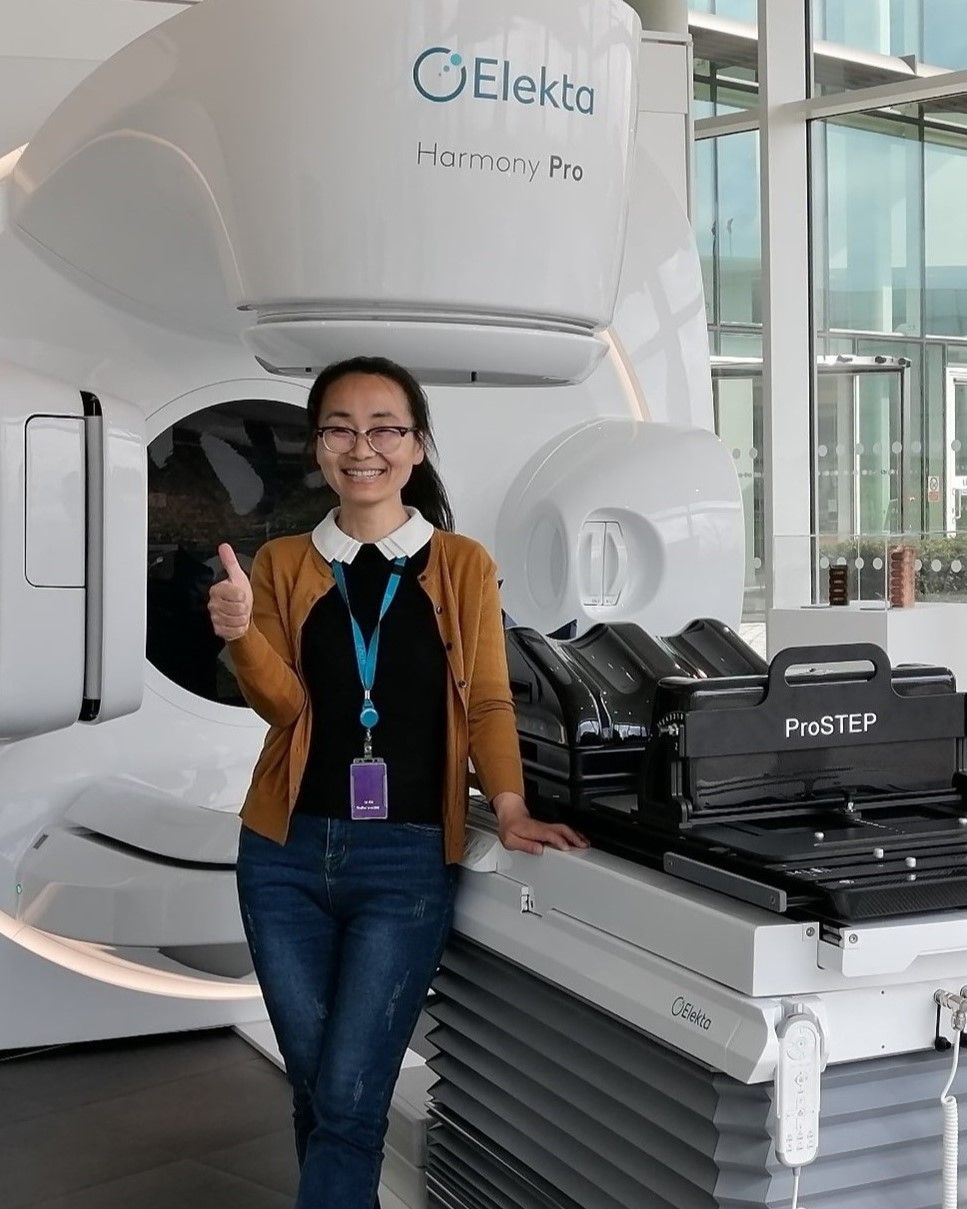
With her strong background in engineering physics and system engineering, Mi Li is responsible for the system architecture, feasibility studies and future design and maintenance for Elekta’s premium LINAC development, focusing on new 6D PPS (patient positioning system), new geometry system (i.e., imaging arms, covers) and new user interface components.
“I hope to deliver the best-in-class LINAC product with quality and accessibility for cancer treatment.”
“I hope to deliver the best-in-class LINAC product with quality and accessibility for cancer treatment,” Li says. “As the system architect, I work closely with stakeholders – including the clinical, physics and product management representatives – to align on the user needs and system requirements. This entails design reviews and design verification and validation to ensure the design meets requirements. I also visit the sites to listen to customer voice and collect customer feedback directly.”
According to Li, the difference between men and women in engineering is steadily shrinking and more women see opportunities in the field.
“I see very excellent engineers here at Elekta,” she says. “If more companies respect their skills and abilities, provide them with fair opportunities and avoid gender discrimination then I think that will encourage more women to enter this discipline.”
Amanda Farhan, Senior Quality Analyst Engineer, Stockholm, Sweden
Since she was a child, Amanda Farhan has had a great interest in mathematics and science.
“As I grew up, I realized that my passion for science – as well as human anatomy and the diseases that affect people – only increased,” Farhan says. “While considering my career options, studying medical engineering seemed to be the perfect choice. I studied medical engineering at Stockholm’s KTH Royal Institute of Technology, graduating in 2019 with a Bachelor of Science degree and a Master’s degree.”
As a senior quality analyst engineer working on Gamma Knife® radiosurgery and Neurosurgery solutions, Farhan says she is proud to work at Elekta because the company helps cancer patients and instills hope in them.
“As a quality engineer, I make sure that these technologies are manufactured safely so they can be used safely on people with cancer.”
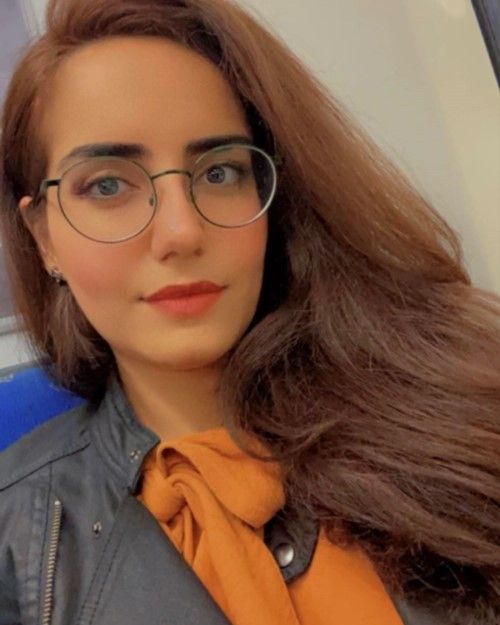
“Working as an engineer means that we push the limits of possibility – we take ideas and make them reality,” she says. “We design, develop, build and maintain high-tech cancer treatment technologies. As a quality engineer, I make sure that these technologies are manufactured safely so they can be used safely on people with cancer. My hope is to make cancer treatment available for all patients that need radiotherapy.”
Farhan asserts that to attract more women in the engineering fields it is important to increase confidence in girls and younger women.
“Female engineers like myself need to inspire girls and women so they choose to start their higher education journeys in engineering,” she says. “My advice to them is to keep pushing yourself and step out of your comfort zone. As much as you can, put yourself forward for more responsibility.”
Sindu Hari, Senior Engineering Manager – RT Application, Sunnyvale, California
Her fascination with science and mathematics drove Sindu Hari to study engineering in India, where she completed a Bachelor’s degree in civil engineering.
“After that, it became clear that without incorporating computer applications to the field that I studied, I would not go too far and it wouldn’t land me a satisfying career,” Hari observes. “That led me to explore options in computer engineering and further taking my studies to the next level in computer science. I earned a Master’s degree in that discipline in the USA.”
She began her career at Elekta in 2004 as a quality engineer and she is now a senior engineering manager working on the MOSAIQ® Oncology Information System, a core Elekta product. Her latest projects include the MOSAIQ Treatment Session Manager and the Comprehensive Motion Management solution for the Elekta Unity MR-Linac.
“I strive to provide the best cancer treatment solutions and new capabilities through software applications.”
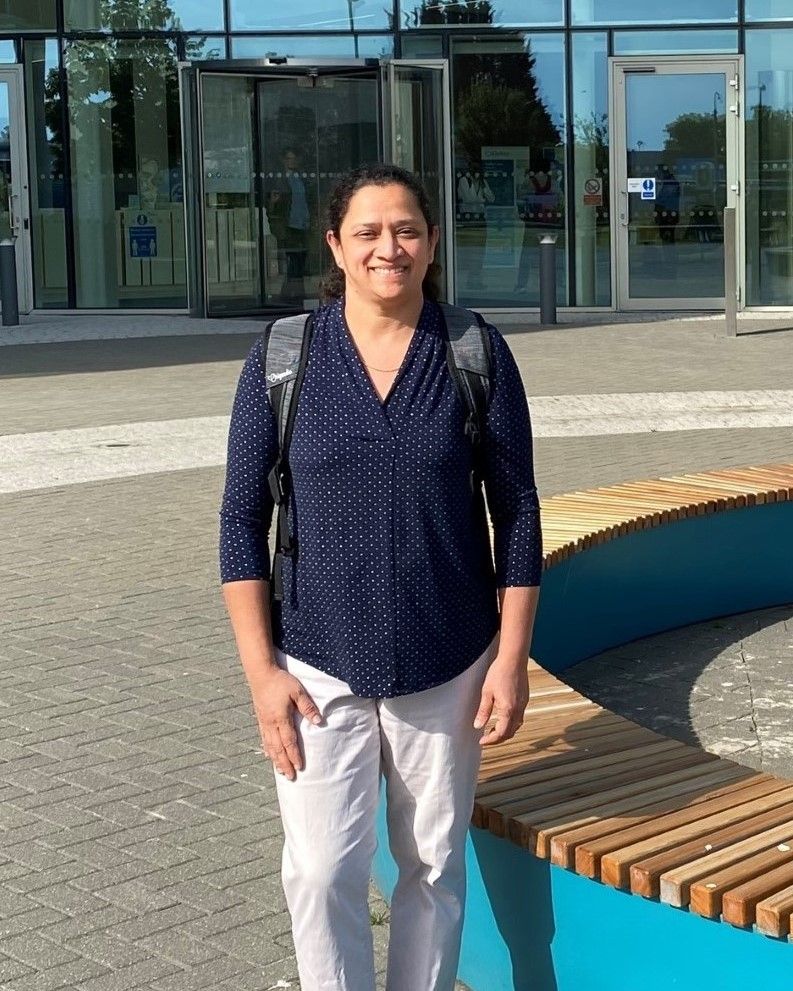
“Regarding MOSAIQ specifically, I strive to provide the best cancer treatment solutions and new capabilities through software applications,” Hari says. “Providing such software solutions to customers elevates patient care and increases customer satisfaction.”
Her role at Elekta requires substantial customer contact in which she endeavors to build solid relationships with them to better understand their needs via hospital visits, regular demos and gathering and assimilating this feedback. The customers’ input about their requirements is translated into product features that get integrated as part of software applications.
Hari notes that apart from the proportion of females versus males in engineering professions, women hold almost equal levels as men in all fields of engineering.
“To increase the numbers of women engineers will require more corporate efforts to advance diversity and inclusion, creating a passion for the profession, offering flexible working hours and highlighting successful women leaders in engineering,” she says. “I think that will draw more women to purse engineering careers.”
Fabienne Lathuilière, Manager, Advanced Development, Montreal, Canada
With her background in electrical and computer engineering, Fabienne Lathuilière was well prepared to take on the challenges inherent in the development of cancer treatment technology.
“I like to solve difficult problems with the intellectual satisfaction of properly modeling the problem to solve it,” Lathuilière says.
She and her team contribute to the development of new image processing algorithms that can automatically outline organs in MRI images for improved treatment adaptation in radiotherapy and to track tumors in real time (Comprehensive Motion Management [CMM]) to spare organs-at-risk on the Elekta Unity MR-Linac. Lathuilière and her colleagues are currently working on a new project using artificial intelligence and deep learning to improve CBCT image quality, an effort that could potentially open the door to adaptive radiation therapy on conventional linacs.
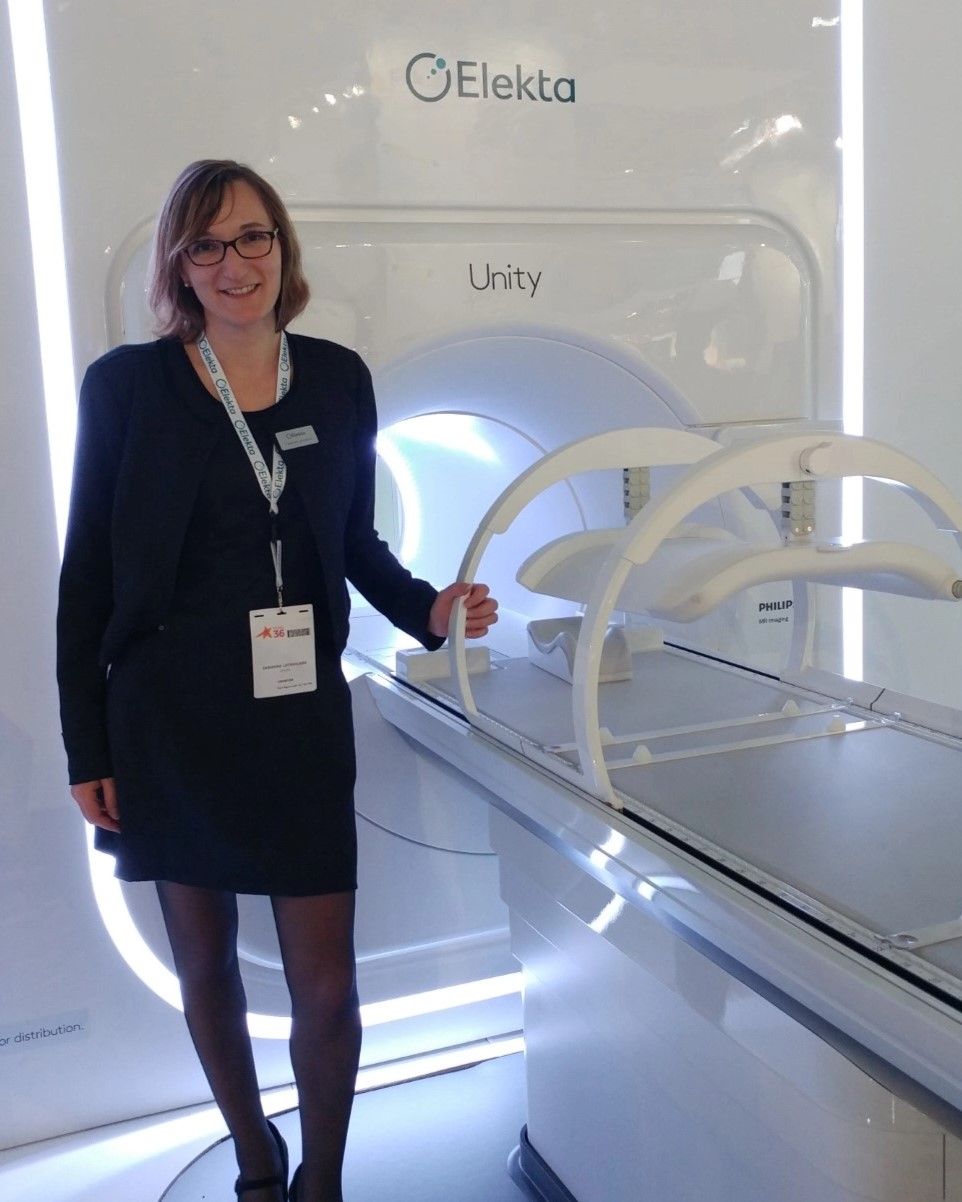
“My hope is that our solutions will bring better cancer treatments to patients around the world and help cure more cancer types.”
“My hope is that our solutions will bring better cancer treatments to patients around the world and help cure more cancer types,” she says. “When developing the Unity CMM solution, we collaborated closely with several research partners to test our tracking algorithm on their clinical data. We created a research tool to replay their real-time images and assess the accuracy and robustness of our tracking strategy.”
As a woman engineer, Lathuilière admits that it can sometimes be discouraging to see so few women in technical roles, which makes it easy to feel out of place in a given organization.
“The key is to persevere and build your track record,” she says. “People will listen to you. The truth is women can take any role in the engineering organization. Having more role models and examples of stimulating careers can certainly encourage more women to pursue careers in the engineering field.
“I’ve been lucky enough to be surrounded by exceptional women at Elekta who have been an incredible source of inspiration for me and helped me grow,” Lathuilière adds.
Poonam Mishra, Senior Front-End Engineer, Crawley, United Kingdom
While Poonam Mishra began her professional career as a full stack web developer, she found that her true passion was in engineering, specifically front-end development and user interface design.
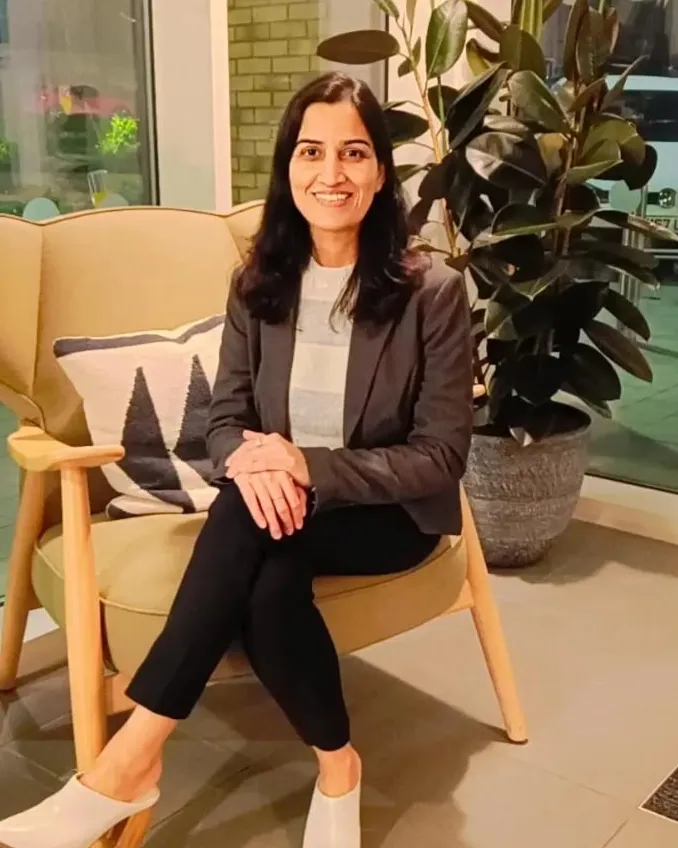
“I had found myself drawn to the challenge of creating visually appealing and user-friendly interfaces,” she says. “The opportunity to combine my technical skills with my love for design was captivating. I realized that engineering provided a unique avenue to bring creative vision to life and make a tangible impact on user experiences.”
As a senior front-end developer at Elekta, Mishra collaborates with a team of UX Developers to enhance the user experience of Elekta’s radiation therapy products, including improving the usability, functionality and design of the software interfaces that support cancer treatment.
“By creating intuitive and user-friendly interfaces, we aim to streamline the workflow for oncologists and healthcare professionals, making it easier for them to administer radiation therapy and deliver optimal care to patients,” Mishra observes. “Our efforts contribute to the overall efficiency and effectiveness of cancer treatment processes. The impact I hope to make in the field of cancer treatment is to improve patient outcomes and quality of life.”
Her team’s responsibility is to develop and maintain the framework of Elekta applications, ranging from the main user interface to the design system. This framework serves as a foundation for other developers, enabling them to create consistent and user-friendly interfaces across Elekta’s product line.
“Being part of Elekta is an honor, as we contribute to the digital transformation that modernizes our software and user interfaces.”
“We closely collaborate with designers to translate the design system into reusable and standardized components, ensuring a streamlined and efficient design implementation process,” she adds. “Being part of Elekta is an honor, as we contribute to the digital transformation that modernizes our software and user interfaces.”
Mishra’s advice for future generations of women engineers is to believe in themselves and pursue their passions fearlessly.
“Do not let societal expectations or gender stereotypes limit your ambitions,” she counsels. “Remember that your skills, intelligence and potential are not defined by your gender, and that strong women can build nations and families.”
Shijia Zhang, Senior Engineering Manager, Beijing, China
While in college, Shijia Zhang was motivated to explore a career in engineering because she wanted to “use my knowledge to build a better world and solve societal challenges.”
“I hope to develop new treatments that minimize risk and increase efficiency and cost-effectiveness with improved quality.”
“At Elekta Beijing Medical Systems’ R&D department, I hope to develop new treatments that minimize risk and increase efficiency and cost-effectiveness with improved quality,” she says. “Another important goal is to strive to make these treatments more accessible to patients around the world.”
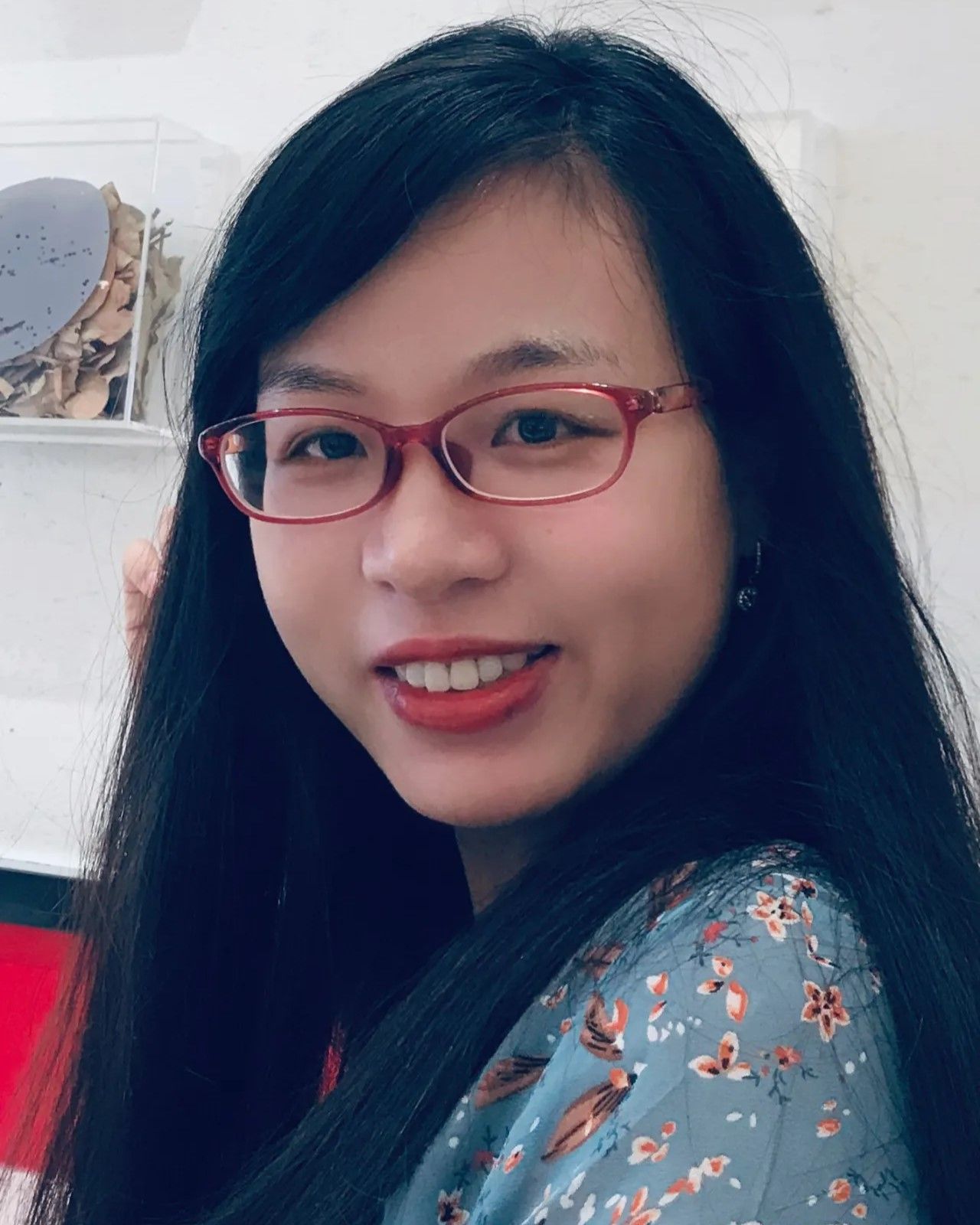
As an engineering manager, Zhang works with cross-functional teams throughout the development process – from concept to clinical trials – to ensure that the team’s work and delivery align with patient needs.
“We establish open communication and involve radiation oncologists and physicists in the development process and conduct clinical trials,” Zhang says. “By collaborating with healthcare professionals, we can provide real-world solutions to real-world problems.”
According to Zhang, her and her colleagues’ efforts over the years have resulted in significant, ongoing advances in precision medicine, artificial intelligence and machine learning, and immunotherapy.
“Overall, the future of cancer care looks promising with these advancements,” she says. “I think they will transform the way cancer is diagnosed and treated.”
Learn more about life at Elekta.
References
LARNPS230619
